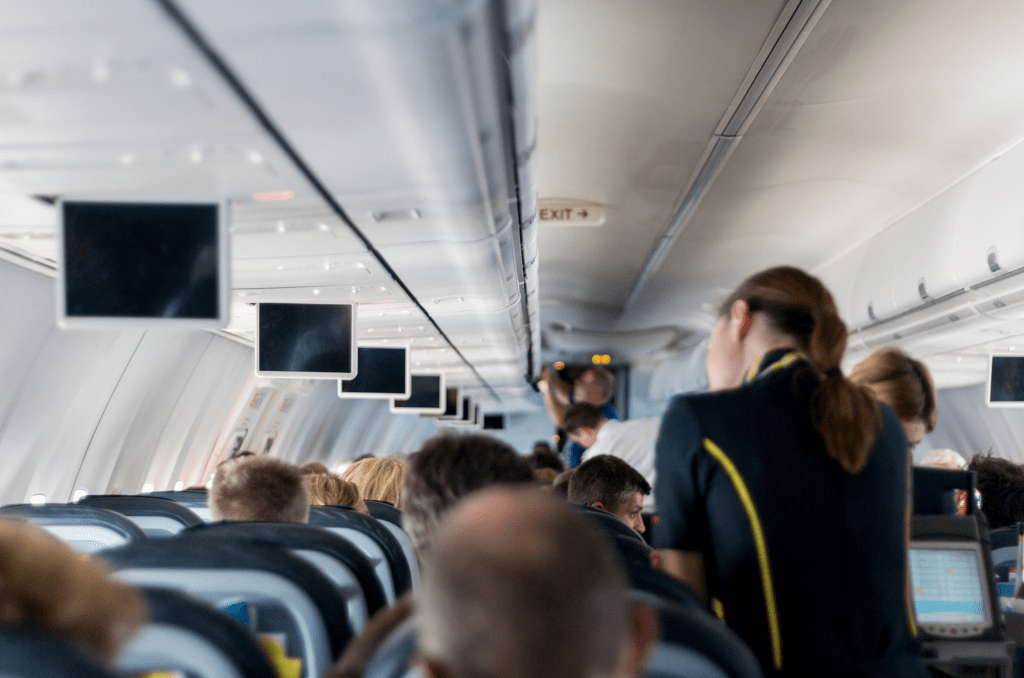The State of Cabin Crew Training and Recruitment
Share

AeroProfessional’s managing director Sam Sprules provides an inside look at what airline crew have experienced since the pandemic began, and sheds light on recovery timelines.
For specialist aviation recruitment firm AeroProfessional, tough job prospects became a fact of life once the COVID crisis hit. Sam Sprules, the company’s managing director, said that the widespread grounding of flights caused by border closures and reduced demand for travel has devastated cabin crew recruitment. Private aviation provided some relief in the form of increased demand for freelance crew, but he noted that the impact was “minimal.”
Sprules explained that there were some personnel demands spurred by the onset of COVID-19, including contract technical crew in the cargo sector, as well as urgent needs for executive staff with aptitudes in market analysis, revenue management and business restructuring. But thousands of workers were left in the balance as the pandemic halted operations at many companies for months on end.
While statistics on the matter vary, authorities such as ICAO and IATA have suggested that the virus could eliminate anywhere from 4.8 to 10.2 million aviation jobs globally. Some airlines did not survive the crisis, while others implemented salary cuts or accepted government aid in order to retain staff. Thankfully, Sprules said there are signs of a recovery in recruitment as various carriers put restart strategies in place: “New start-ups, new base openings and also charter specialists who themselves are vying for new possible opportunities” all need crew.
“Our gut feel right now is that as soon as the restrictions on travel are lifted, there will be a boom which could be as early as spring, depending on the vaccine roll out.”
Sam Sprules, AeroProfessional
Crew training has also taken a hit, as it is no longer feasible for staff from various countries to gather in a classroom or at training facilities. Sprules praised a move by EASA that granted temporary crew training exemptions during the pandemic. “That has no doubt helped airlines to operate where they could, without the complexity and logistical challenges of training and without compromising safety,” he said.
Cabin crew that continue to work are faced with a more challenging environment thanks to cumbersome PPE and the need to deal with passengers who may be unruly. But Sprules believes that morale in the sector remains high based on conversations he has had with crews; he claims they are “surprisingly upbeat” and that they harbor a team-oriented spirit which gets them through times of difficulty.
With summer sale surges reported by airlines like TUI and easyJet, Sprules has reasons to be optimistic. “Our gut feel right now is that as soon as the restrictions on travel are lifted, there will be a boom which could be as early as spring, depending on the vaccine roll out.” For crew, that boom cannot come soon enough.


